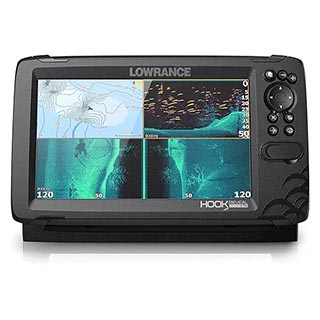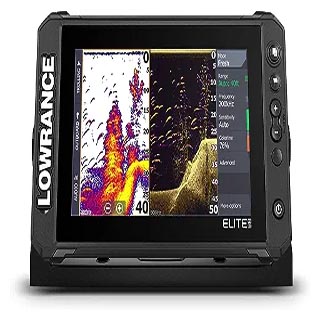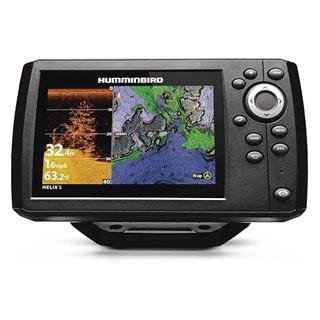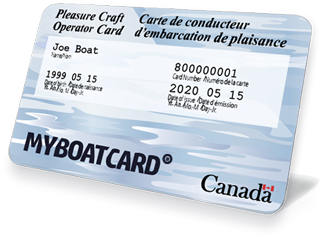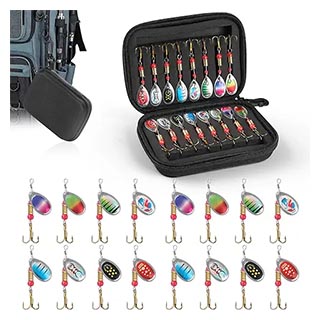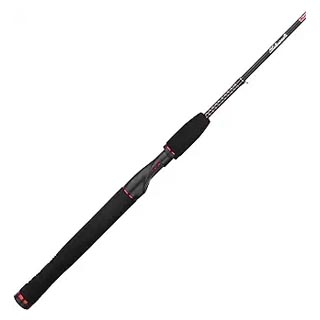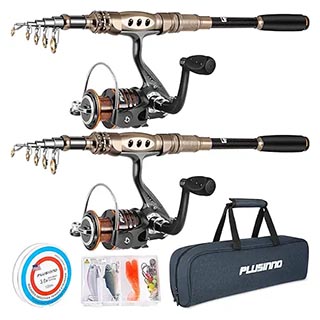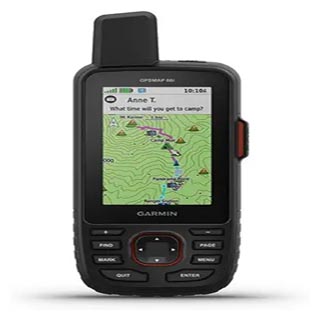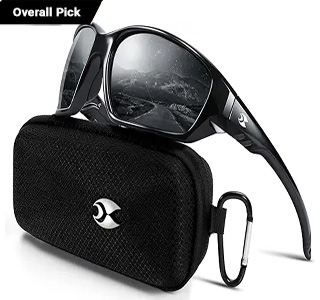Ontario Marinas and Marine Services
Safety On The Water

You Really Need To Get Your Boating License. It's The LAW!
Even ONE life lost is too many! It really is such a waste and is easily avoided.
Don't YOU become a statistic !
In 1999, new boating laws came into effect. Two separate laws directly affect young people born after April 1, 1983.
The first is
that everyone born after that date requires a Proof of Operator Competency and the second that certain ages are restricted to certain horsepower motors. What does all this mean ? The Canadian Coast Guard has come up with the following questions and answers that all parents need to know.
Why were these two laws put in place?
These laws were put in place to increase the awareness of safe boating practices and to reduce boating-related deaths and injuries. In the past, anyone of any age could operate any recreational boat without training and experience.
Why are there different age and horsepower limits in the new boating laws ?
Canadians want to limit the horsepower of boats which children can operate by themselves. The law provides for a gradual increase in the maximum horsepower according to age. Personal watercraft manufacturers recommended the law restricting personal watercraft operation to those 16 years of age and older.
Why did the Canadian Coast Guard target younger boaters when most of the boating deaths and injuries involve adults ?
Lifelong knowledge and safe behavior are established at a young age. The Coast Guard believes that young people trained in basic boating safety are more likely to be safer and more responsible adult boaters.
What exactly is a Proof of Operator Competency ?
The most common proof is the Pleasure Craft Operator Card. Once a person has successfully passed an accredited operator competency test, a card is issued. The card, made of hard plastic, looks like a credit card. The card shows the person's name, date of birth, date of issue and the name of the organization issuing the card. It is waterproof, easy to carry and easy for enforcement officials to verify.
How does my child obtain a Proof of Operator Competency?
The Coast Guard believes the best way for a young person to obtain the designation is to take an accredited boating course. This training course is the best preparation for writing the boating safety knowledge exam. By obtaining a passing mark of 75 per cent or higher, the individual obtains a Pleasure Craft Operator Card.
What if my child took a boating safety course before the regulations came into effect ?
All safe boating courses taken in Canada prior to April 1, 1999 are eligible for recognition under the new regulations. To do so individuals must produce proof that shows the person successfully completed the course.
What is an accredited boating course ?
The course must meet all the requirements set out in the Coast Guard's Safety Course Standard. To obtain approval, an organization sends its course materials and boating safety knowledge tests to the Coast Guard for a thorough review. Once accredited, the organization can offer the boating course to the general public.
What will my child learn during a boating safety course?
Young people will learn basic boating safety. This includes the laws and regulations governing our waterways, preparation for a safe boating trip, how to share waterways with other boaters and what to in the event of an emergency.
Can my child operate my boat if I am on board ?
Yes. Youth less than 12 years of age must be directly supervised in the operation of pleasure boat with a motor greater than 10 horsepower. Youth between the ages of 12 and under 16 must be directly supervised during their operation of a pleasure boat with a motor greater than 40 horsepower. In all cases, the youth being supervised must also possess the required proof of competency. All operators of personal watercraft must be at least 16 years of age, regardless of supervision or training.
How much does an accredited boating course cost ?
The average cost for a complete course runs between $40 and $100 depending on the course provider.
How will these boating laws be enforced ?
Beginning this boating season, RCMP, provincial and municipal police can ask you to show a proof of operator competency and personal identification. The fine for not having a proof on board can be up to $250.
For further information on these accredited courses, just click on the Boater Exam Banner below.
The National Office of Boating Safety also has a toll free information line at (800) 267-6687.
